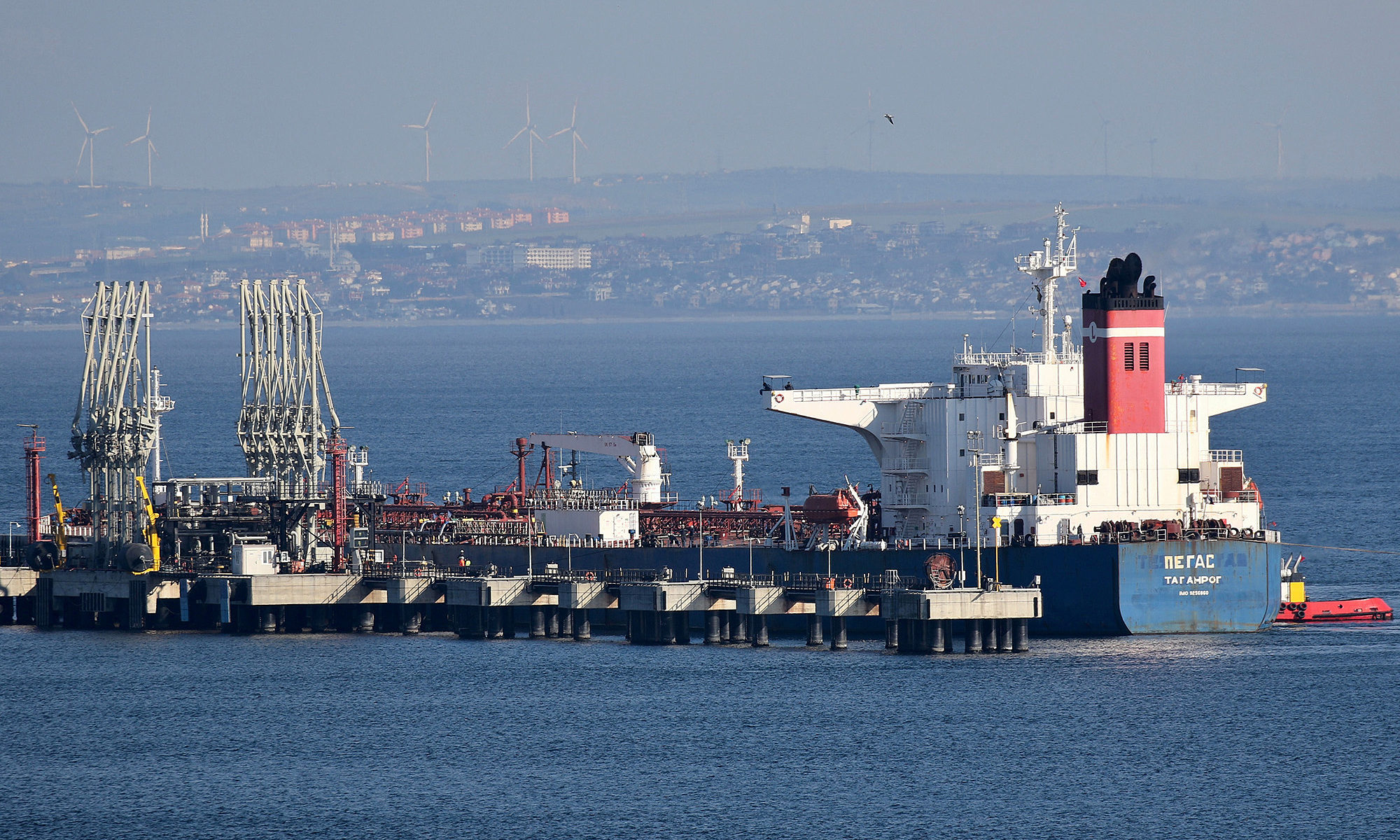The additional 25% US import tariffs on Indian goods due to the country's purchase of Russian oil took effect on Wednesday, 27/8. Combined with the previous 25% tariff, the total maximum tariff rate on many goods has reached 50%.
The Global Trade Research Initiative (GTRI) in New Delhi estimates that India has saved at least $17 billion by increasing its purchase of Russian oil since the beginning of 2022. However, former President Donald Trump's 50% tariffs could cost India's exports $37 billion in the current fiscal year.
Analysts believe India's response in the coming weeks could reshape its decades-long relationship with Russia and readjust its increasingly complex relationship with the US. However, there are no easy short-term solutions to the Russian oil dilemma.
The Kremlin has expressed hope that India will continue to purchase oil. This supply currently accounts for nearly 40% of India's total imports, up from almost zero before the Ukraine conflict. Experts argue that immediately halting Russian oil purchases would not only signal New Delhi's surrender to Trump's pressure but would also be economically unfeasible.
 |
A Russian-flagged oil tanker in Marmara Ereglisi, Turkey on 16/1/2022. Photo: Reuters |
A Russian-flagged oil tanker in Marmara Ereglisi, Turkey on 16/1/2022. Photo: Reuters
India's Ministry of External Affairs stated that oil imports from Russia "are aimed at ensuring predictable energy costs and affordable prices for Indian consumers. This is an essential need driven by the global market situation".
New Delhi warned that halting Russian oil imports, currently around 2 million barrels per day, would disrupt the entire country's supply chain and cause fuel prices to skyrocket. The US administration under Joe Biden has supported India's purchase of Russian oil to keep global oil prices stable.
Internal government calculations suggest that global crude oil prices could more than triple to around $200 per barrel if India, the world's third-largest oil consumer and importer, stopped buying Russian oil. India would also lose the discount of up to 7% that Russian oil is offered at compared to the international benchmark price.
Beyond cheap oil, India also relies on Russia for defense equipment, geopolitical support in the continental space, and sensitive issues, according to Happymon Jacob, founder of the Council for Strategic and Defence Research in Delhi. "That makes Russia an invaluable partner to India," he said.
Regarding the US, international relations experts believe that Trump's recent actions have pushed US-India relations back to perhaps their worst point since the US imposed sanctions on India for its nuclear weapons tests in 1998.
In an unusually strong statement this month, India accused the world's largest economy of applying double standards by targeting its Russian oil imports while the US itself continues to purchase uranium hexafluoride, palladium, and fertilizers from Russia.
New Delhi pointed out that other countries that have increased their purchase of Russian oil, such as China, have not been subjected to US sanctions. In response, US Treasury Secretary Scott Bessent accused India of profiting from buying large quantities of Russian oil, calling it unacceptable. He told CNBC last week that the amount of Russian oil China buys has only increased from 13% to 16%, unlike India's surge in demand.
Despite the disagreements over Russian oil imports, the US remains India's most important strategic partner, according to Jacob. "There is simply no other choice, at least at the present time," he commented.
Two Indian government sources said New Delhi wants to improve relations with Washington and is willing to increase energy purchases from the US but is not yet willing to completely halt oil imports from Russia. On 26/8, India's Foreign Minister said discussions with the US are ongoing, revolving around trade, energy security, including nuclear cooperation, and critical mineral mining.
In a series of diplomatic activities towards a multipolar world, senior Indian officials have visited Russia in recent days. Meanwhile, Prime Minister Narendra Modi is scheduled to visit China this month for the first time in over seven years. Modi will meet Chinese President Xi Jinping and Russian President Vladimir Putin at the Shanghai Cooperation Organisation (SCO) summit, starting on 31/8.
Experts believe other countries may look to how India responds to the US's 50% tariffs to shape their own actions. "The key takeaway for other countries is that if India—an emerging economic and military power—is also under great pressure from the US, then they may be even less able to withstand Washington's pressure," Jacob observed.
Phien An (Reuters)












